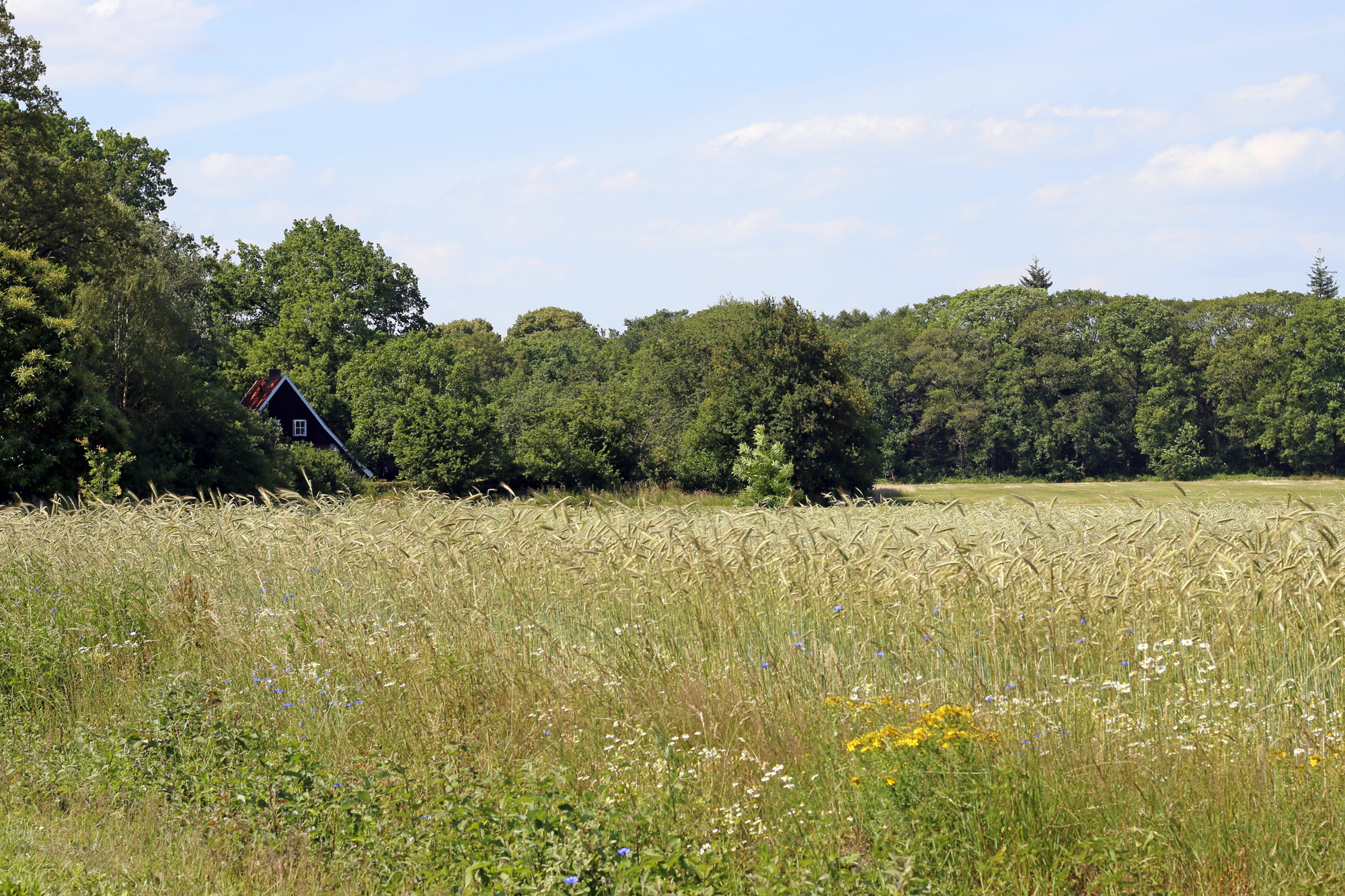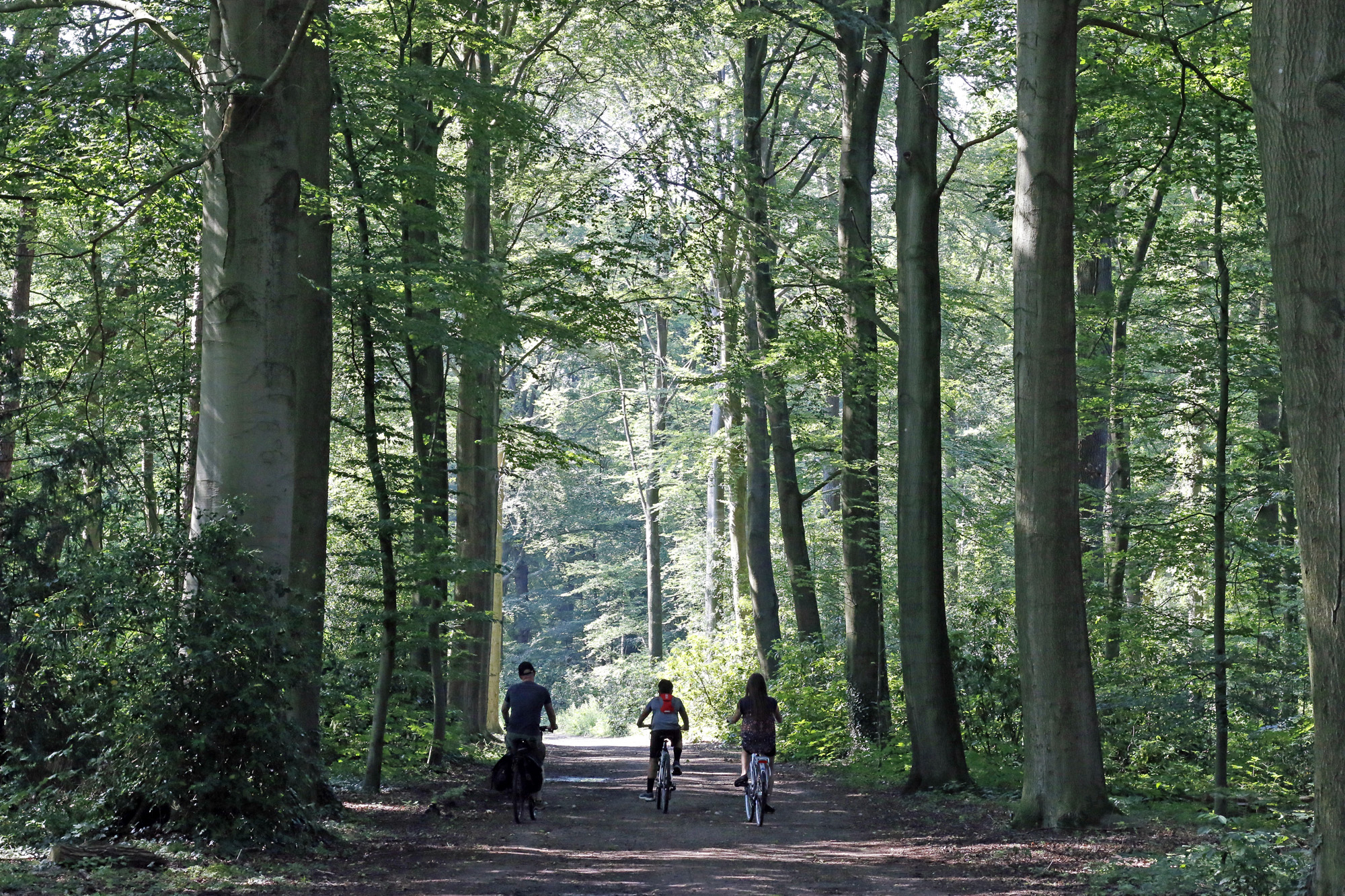Expat Chronicles: Spreek je Nederlands?
First, I have fantastic news - our resident permits have been approved! The Dutch government has granted me permission to live and work here as a self employed person, under the Dutch American Friendship Treaty (DAFT). Now all five of us have official permission to make our home in The Netherlands. What a relief!
Although it was always very, extremely likely that my DAFT application would be approved, there is nothing like seeing it in writing and knowing we can stay. Now we will certainly be able to buy that house at the end of August. I am so ready to settle into a new home! Brandon, Aria and Liam all start school at the end of August and soon Elora will begin attending preschool too. Three cheers!
Dutch wildflowers by Margot Polinder
It has been awhile since I’ve written an Expat Chronicles post. Today I’ll chime in about what it’s like to live as an English-speaker in The Netherlands. Since there are not many pictures to go with the topic of language, you’ll find scattered throughout snapshots of a family outing to a nature reserve nearby our new home. I hope you enjoy!
The Language Environment
Dutch is the official language of The Netherlands, but according to Wikipedia, 90-93% of the Dutch claim to speak English. English is extensively taught in all Dutch schools and is used here and there in everyday life. Dutch people often watch TV shows in English, as few programs are dubbed in Dutch. They speak Dutch, but they realize that most of the world does not. This doesn’t make them angry or reactive. Instead they take a humble and accommodating approach to language differences. No wonder they have become the most internationally diverse country in Europe.
As a Dutch quilter recently explained, “We are traders, and wish to get along with everyone.” Their heritage as sea merchants has created an open culture.
Everyday Communication
Our family learned some simple Dutch prior to moving, including the phrase, “Do you speak English?” At first we would start any conversation with this line, at the grocery store, bank, on the phone, at church. But over time we gave up the habit.
Because everyone speaks English.
OK, not everyone. In the two and a half months we have lived here, I have encountered one or two with whom I’ve had trouble conversing in English. Fortunately, these are never the people who answer the phone or clerk at a store. In everyday conversation, it is safe to assume that people are able and willing to speak English. And, thankfully, it is not offensive to do so.
You’ll even encounter English in everyday Dutch life. For example, some shops have signage entirely in English. A restaurant may offer an English menu. Many Dutch websites offer built-in English translation.
Legal + Business Matters
As soon as we landed, we began the process of making a life here This included contacting many government organizations, banks and businesses. I was happy to find that the Dutch government provides English translations of many government websites. Business registration forms, for example, are available entirely in English. I’ve heard that in Germany, for instance, government employees are prohibited from speaking in any language but German. Immigrants are advised to bring a translator. How fortunate for us that the Dutch government is so welcoming.
In my experience, businesses are accommodating too. Banks like ING and Bunq provide online banking in English and online shops answer our English customer service enquiries with ease. In the same spirit, I worked with my friend Nicolette of Dutch Comfort to provide a Dutch translation of the quilting services section of my website. As a side note, a German translation is coming soon!
Work
Under the DAFT treaty I am able to live and work here without meeting any Dutch language requirements. So the pressure is off! I would still like to learn Dutch and hope the opportunity will arise to sign up for courses. That will be more practical when Elora is spending more time at school, perhaps in 2020.
Brandon and I had read that it would be hard to get a job in The Netherlands without speaking fluent Dutch. Of course, that makes sense. However, our new Dutch friends don’t agree. Apparently, many international companies use English as the official working language. Our friend Eric explained that where he works, even Dutch-born colleagues are expected to write all internal email correspondence in English. This way, if the email ever needs to be forwarded to someone that doesn’t speak Dutch, it is accessible. Eric feels that both internships and paid positions are possible with basic Dutch skills, so long as one has good English skills. In fact, he says that mediocre English skills would be more of a challenge when securing work.
School
Public school in The Netherlands is taught in Dutch, with English as a second language. How will Aria and Liam adapt? Well, the Dutch have an amazing solution to that - newcomers school! My children (12 and 14) will attend this publicly funded school for one to two years in order to learn Dutch. It is an immersion program, and their classmates will also be new to the country. What a great fit!
As for college, there are English-speaking universities in The Netherlands. Brandon’s university is one such school. He will be taught 100% in English, though the school also offers Dutch language courses. In fact, he’s starting one next week.
For little ones like Elora, preschool is in Dutch. Of course, at her age she will transition quite quickly and become the best Dutch speaker of us all. Still, I’m sure the language change will be hard for her initially. I’m hoping we are blessed with a caregiver that she connects with.
Church
In our city, there is one international church which uses the English language in its services. Since that church caters to young college students without families, we are experimenting with local Dutch churches. Some offer English translations via headphones, which allow us to understand the message. As for the worship period, some songs are translations of American songs we recognize. I like practicing reading and pronunciation by following along with the Dutch lyrics as we sing. There are also a few fully English songs is most of the services we’ve attended.
As you can see, it isn’t hard at all to be an English-speaker in The Netherlands, at least in our experience. I’ve heard that there are even more English-speaking businesses and services (and churches) in the bigger Dutch cities. Here in our relatively small city, we are feeling more comfortable than I expected with the language difference. I have to say that it feels like only a small language barrier!
That said, if we decide to stay in The Netherlands longterm, learning the language will be essential. I personally have the least time and opportunity to learn the language, as compared to all of my family. Still, I do plan to get into some classes when time and finances allow. I so respect these Dutch people for being welcoming and multi-cultural (and studious with other languages), so I wish to learn their language in return.
















